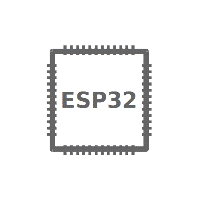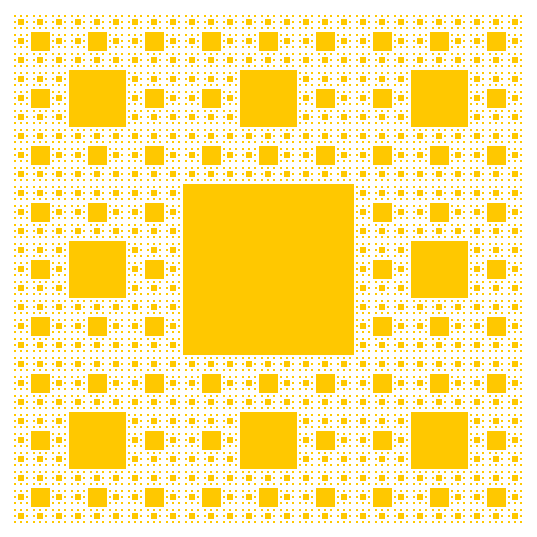Recursion, from more than one point-of-view.
A common programming idiom in computer science is solving a problem by self-reference, also known as recursion. In this post, we look at two different
implementations of the same problem.
Solve a recursive problem in two different programming language paradigms
Let’s look at the solution to a simple problem, compute $f(x)=e^{x}$.
We will illustrate two separate solutions - one in a procedural language (python), and the other in a functional language (elixir).
Let’s start off with the functional language. Were does recursion come into play?
We define the function $f(x)=e^x$ as the infinite sum, $\text{ }f(x) = \sum_{n=0}^\infty{\frac{x^n}{n!}}$
In our solution below, we define two separate recursive functions, exp/2 and fac/1. What’s interesting to note here is how each of these functions has two separate definitions. This is an aspect of programming in elixir that elegantly uses pattern-matching to return different results depending upon the input. Our two functions nicely dovetail into the base-case and recursive case of a recursive algorithm.
For example, looking at exp/2, the first function definition returns 1 for any value of x (as indicated by the _ preceding the variable) and returns 1. This is the mathematical equivalent of $x^0=1\text{ for any }x$.
The second definition of exp/2 is the recursive case. for any value of $n\gt0$. Moreover, we define exp(x, n) as $\frac{e^x}{n!}$ + exp(x, n-1).
Similarly for the definition of fac/1 we see two definitions; one for $n=0$ and another for all values of $n\gt0$.
Continue reading





